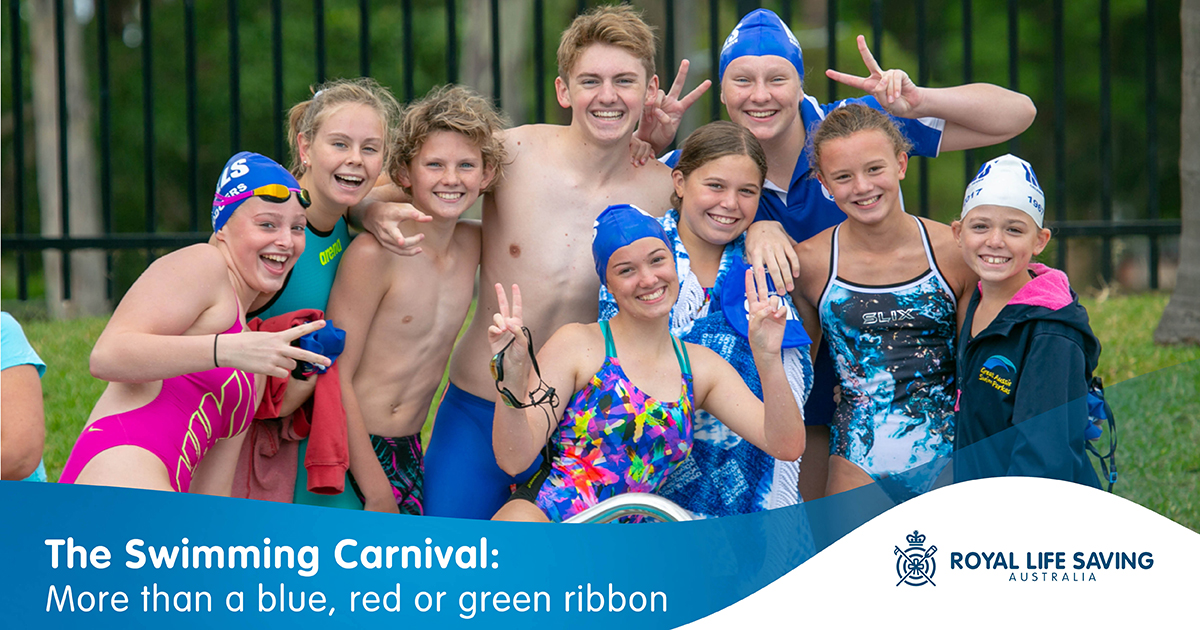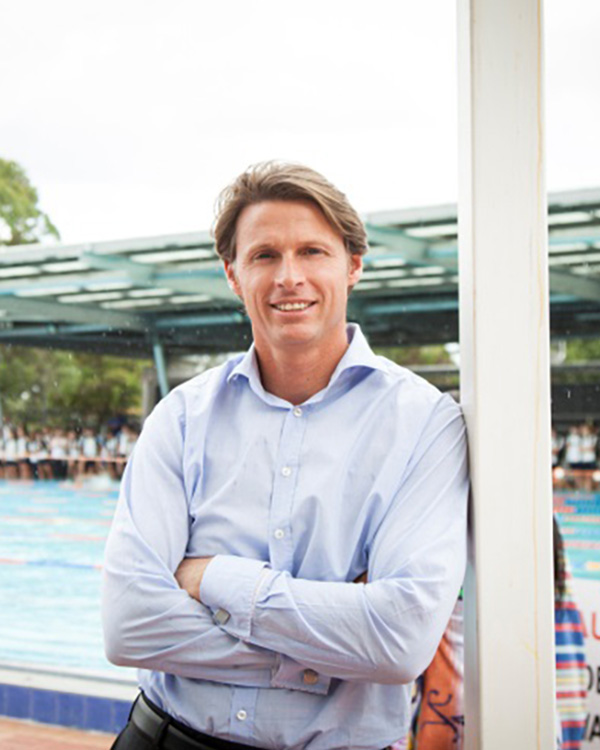Published 25 February 2022

After the past two years, many of us were hoping for a more normal summer. A return to usual patterns of life.
School is now back.
Like most families we are juggling Rapid Antigen Tests, receiving school COVID-19 case reports, and hoping our son’s year 12 is not like the class of 2020 or 2021.
The beginning of the school year is usually school swimming carnival season.
It gives me flashbacks to Wentworthville Pool, in all its concrete and grassy hill glory.
It was a classic 1950s community swimming pool (since upgraded). Our carnival was no different to those of communities in suburbs across Australia.
A day off class, a bag full of lollies, sunburn, houses cheering (mine - Namatjira) and parents volunteering as timekeepers.
For the two or three kids in each grade that were squad swimmers it was serious business.
For the rest of us the highlight was free time swimming, novelty events or the teacher’s race. I can’t remember too many kids sitting on the sidelines.
I was focused on beating Jason and Todd - the two kids in my grade who trained daily and wore speedos.
I have a box of ribbons, all green, to prove defeat. I drew pride from being the best of the kids in boardies, mostly powered by government-funded school and vacation lessons, and early trips to the beach.
Fast forward to my school teaching years - 1990s. Carnivals were at Auburn Pool. Even then I was shocked by the number of kids who signed up for races, dove in, only to be rescued because they were unable to swim.
A few years ago, a primary school principal called me concerned that the carnival was now just a car full of kids who could make the distance and wanted to log a time to qualify for the interschool championships.
In a school of 500 students, having only a few kids who could swim 50m was shocking. The principal wanted to provide catch-up lessons for those most in need. We funded a program that supplemented the NSW education department lessons.
Fast forward (again) to today, February 2022, a school carnival season impacted by COVID-19.
Pools in NSW and Victoria are reporting carnival cancellations of up to 50 per cent.
For many schools this means time trials for squad kids so they can progress to the next carnival and no water time for the others. Another missed opportunity to build the lifelong skill of swimming.
Pools are also reporting that schools are slow to return and rebook their intensive swimming programs.
There are green shoots. VIC and NSW Education Departments have encouraged schools to reallocate funds to swimming lessons.
Voucher programs in several states are filling lessons blocks, most notably for preschool-aged children.
Royal Life Saving has been concerned for years about the 40 per cent of kids who leave primary school not being able to swim 50m, the length of the Olympic swimming pool.
Cancelled carnivals should concern us all.
Firstly, cancellations rob children of the joy of novelty races, or cheering during the teacher’s race. They are a reminder that the local pool is a fun place to swim and play.
Secondly, cancelled carnivals serve as a reminder of the risks of dividing into two groups - those who can, and those who can’t swim.
Monitoring the 2023 school carnival season could provide an indication that we have regrouped and are avoiding the worst generational impacts of COVID-19.
By 2023, we should be working to ensure:
- All schools host a swimming carnival or, better still, a swimming and lifesaving carnival
- That we use that day to have fun, and benchmark children’s skills as a baseline for the generation that we are determined to ensure doesn’t miss out due to COVID-19.
Because life is better when we swim. And will be much better when we ALL swim.

